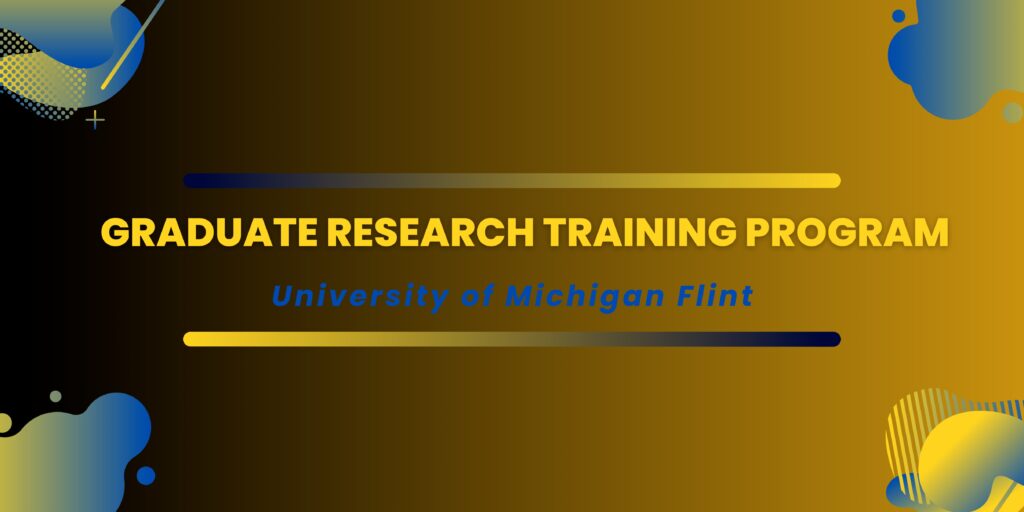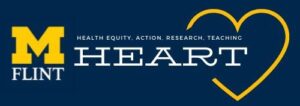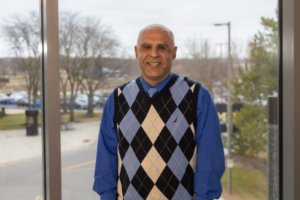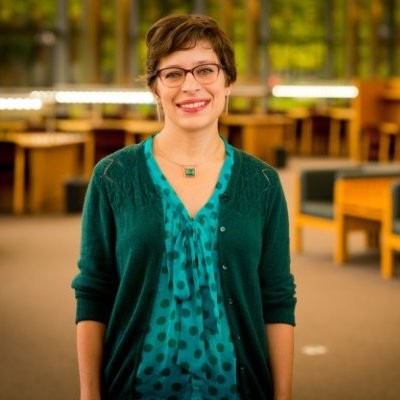
Daba Coura Mbow
Originally from the Upper Peninsula of Michigan, Emily Newberry went to college at the University Of Michigan-Flint for her undergraduate degree and the University of Michigan for her graduate degree, and focused on academic librarianship. After graduate school, she moved to Flint to pursue her professional career with the Thompson Library. Currently starting a new position as a Research and Scholarship Librarian she is focusing on helping faculty and graduate students develop research proposals and doing literature searches for their proposals.
Emily offers One on One training sessions to help and assist graduate students but also faculty members with their research papers or proposals. Since many graduate students already have the basics of literature searching skills the training mostly focuses on learning more about the type of databases that they should use. To get better results on the information they are looking into for their research, they learn how to do literature searching, but also get the chance to learn how to use citation management software for when they are writing manuscripts.

It’s important for faculty members to learn how to do systematic searches but also how to get the best information out of their search. Meeting with Emily when working on research proposals, they will be able to get assistance from the first to last step of the writing process. She will help them organize their ideas and also demonstrate funding databases that will show faculty where to get funding for their research. Making sure that they have all the information that they need to get a great research paper or proposal will be the main goal of the training.
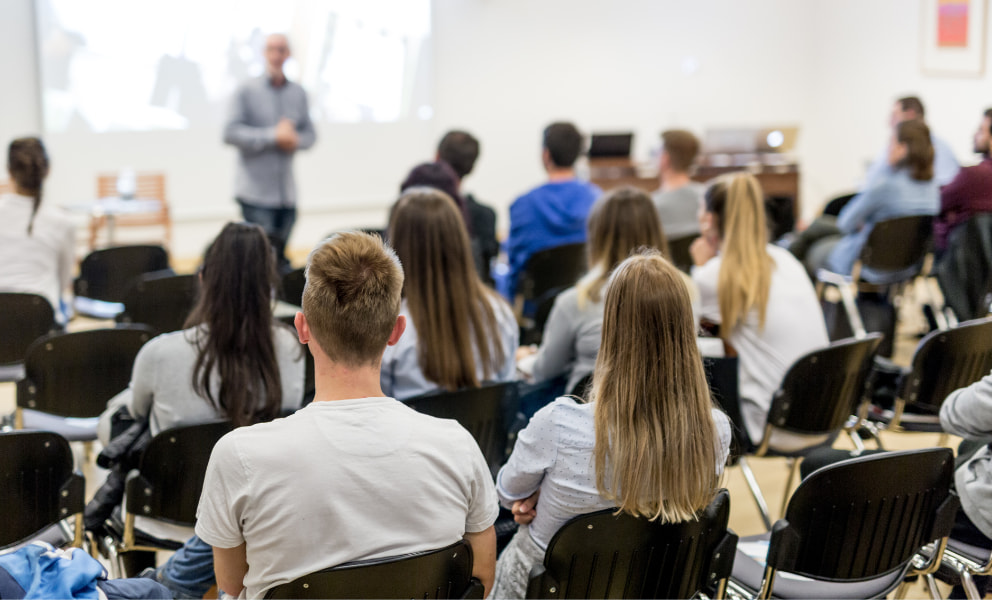
As this training program just started this year, three live webinars were held and recorded and then posted to the Graduate Student Canvas modules. The first webinar will answer the question of “How to do literature research?”. The second webinar will focus on EndNote and citation management and finally, the last one will touch base on the different sources that are available. These sources include funding and research methods, she will go over the databases that are important when doing research and also if looking into publishing, she can assist in finding a reliable journal to publish in.
With these brand new collaborations, Emily Newberry is hoping that those training sessions will help students and faculty improve their literature searching, and develop research skills that will help them in their professions or studies. But also make the research process easier and more effective.
